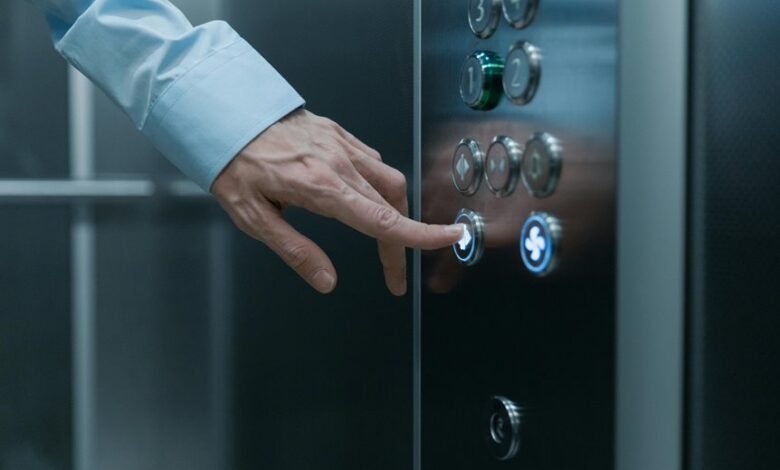The Call of 3528355302 : A New Awakening

The call of 3528355302 emerges as an intriguing enigma, beckoning individuals toward a transformative journey. Each digit holds a unique significance, intertwining stories of personal growth and exploration. As people respond to this call, they forge connections that transcend conventional boundaries. This beckoning creates a ripple effect, sparking a movement rooted in self-discovery. Yet, what awaits those who choose to embrace this awakening? The answer lies just beyond the horizon.
The Enigma of 3528355302
The number 3528355302 looms like a cryptic puzzle, its digits intertwining into a web of mystery that beckons the curious mind.
As layers unfold, the mystery revealed speaks to the significance of numbers, each digit resonating with potential meanings.
This enigmatic sequence invites exploration, urging seekers to decipher its hidden messages, ultimately leading to a profound understanding of existence and the freedom that knowledge brings.
Stories of Transformation
Mysteries often act as catalysts for profound change, and the number 3528355302 serves as a striking example of this phenomenon.
Individuals drawn to this enigma have embarked on transformative journeys, unlocking facets of personal growth previously obscured.
Each story reveals a unique path, where the ordinary transcends into extraordinary, igniting freedom and self-discovery, ultimately redefining their existence and purpose in a chaotic world.
The Power of Connection
Connection weaves an intricate tapestry of human experience, binding individuals through shared emotions, aspirations, and challenges.
In an era dominated by digital relationships, the essence of emotional bonds transcends physical boundaries, fostering a sense of belonging.
These connections empower individuals to explore their identities, challenging conventional norms, and igniting a profound desire for freedom, as they navigate the complexities of modern existence together.
A Movement of Self-Discovery
Amidst the intricate web of human relationships lies an awakening, where individuals embark on journeys of self-discovery that challenge preconceived notions of identity.
Utilizing self-reflection techniques, they peel away layers of societal expectations, revealing authentic selves.
This movement fosters personal growth, encouraging exploration of inner landscapes and the embrace of vulnerability, ultimately allowing freedom to flourish in the hearts of those seeking truth.
Conclusion
In the end, the call of 3528355302 transcends mere digits, echoing through the hearts of seekers like a symphony of endless possibilities. As individuals embrace their transformative journeys, they weave a tapestry of connection that binds humanity in its quest for authenticity. This movement, ignited by vulnerability and exploration, becomes a wildfire of self-discovery, illuminating paths once shrouded in darkness. Through this collective awakening, they find not just themselves, but the universe within.




